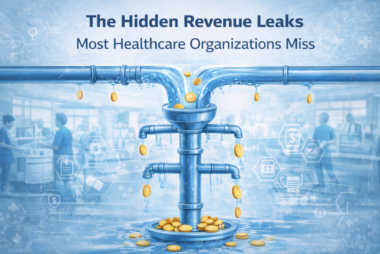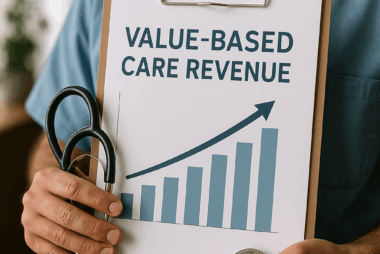The Hidden Revenue Leaks Most Healthcare Organizations Miss
Most healthcare leaders understand that margins are tight. They review operating statements monthly. They track net revenue, denials, days in accounts receivable, and cost per encounter. Yet despite this oversight, many organizations continue to experience unexplained financial pressure. Revenue feels inconsistent. Cash flow feels unpredictable. Growth feels constrained. The uncomfortable truth is that revenue loss…







